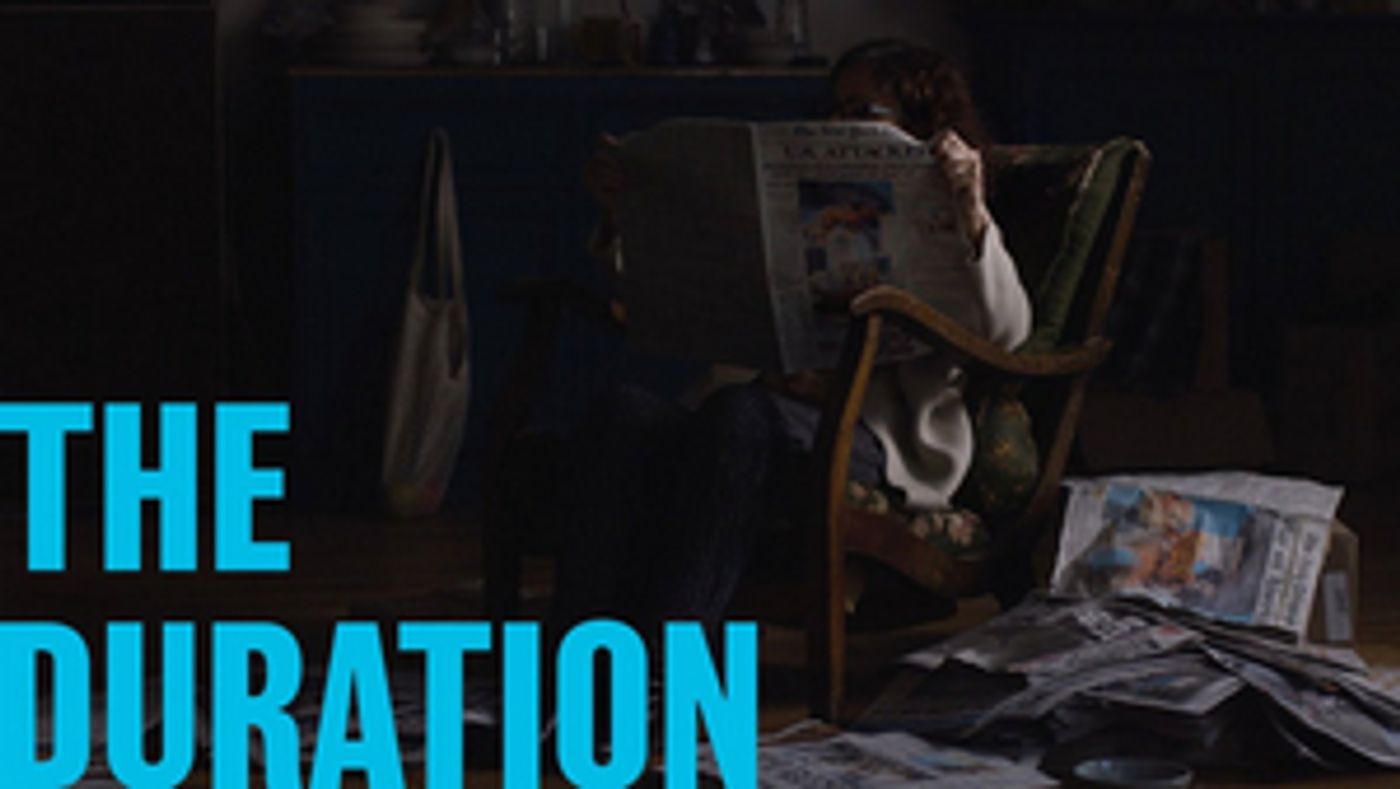Review: THE DURATION, Omnibus Theatre
The Duration takes us back to the aftermath of 11 September 2001 to examine how two women coped and how the USA was changed irrevocably

![]() We're up in the hills of rural Pennsylvania, close enough to be driveable from New York City, but in what used to be called "The Overfly", the vast space between the prosperous coastal cities, in which one finds forgotten towns and forgotten people - or one might if one looked. Much has happened in the last 20 years to such places, but no politician can dismiss them with that label now. Bruce Graham's new play looks back to suggest some reasons why this still unfolding socio-political development has transformed the USA, specifically how 9/11 changed hearts and minds.
We're up in the hills of rural Pennsylvania, close enough to be driveable from New York City, but in what used to be called "The Overfly", the vast space between the prosperous coastal cities, in which one finds forgotten towns and forgotten people - or one might if one looked. Much has happened in the last 20 years to such places, but no politician can dismiss them with that label now. Bruce Graham's new play looks back to suggest some reasons why this still unfolding socio-political development has transformed the USA, specifically how 9/11 changed hearts and minds.
Audrey is a liberal academic historian but, echoing a old joke about the definition of a Republican being a Democrat who hasn't been mugged yet, the loss of her son in the Twin Towers has sent her to a remote cottage and down the wormhole of conspiracy theories, as survivor's guilt batters her relentlessly, like waves breaking on a beach. She buys a gun, watches Fox News and takes the National Review. She wants answers, but she also wants to fight back - against anyone really.
Her daughter, Emma, has not lost her pre-9/11 mindset, but she's angry too, angry with the media manipulation of the damaged people she sees at her support group, angry with her own life that is drifting and angry with her mother who is lost in her crazy obsessions.
Graham's script is essentially a two-hander (Audrey's Head of Department - a priest since she teaches at a Catholic University - turns up to add an otiose religious dimension that seems a little odd, but maybe not in the US) so much turns on the performances of the actors. Sarah Finigan and Florence Roberts are wholly credible as the grieving (or, more accurately, failing to grieve effectively) pair, and it's satisfying to see that, even though both are emotionally stuck, there is progress to be made. That said, 90 minutes all-through with angry, blocked people is somewhat gruelling for us!
Director, Jelena Budimir, keeps the pace up and uses the full space available to her (look out for a cat or two - I certainly did!) but Graham's writing is a little too glib in ticking off the 2020s' hot button topics as he finds their roots 20 years, less a fortnight or so, in the past. Racism, even that of the educated, did not begin in the queue for a photocopier; the media's malign influence on those looking for easy answers did not begin with an unsophisticated member of a support group; and atheists and priests have maintained friendly disagreements for centuries now. To be fair, he doesn't freight all of that stuff on to the turning point of 11 September 2001, but, at least to British ears, it feels like the day is bearing too much of contemporary society's ills.
There's no doubt that the psychodrama provoked by that terrible day is still playing out in the American body politic and this play goes part of the way to mapping its path, but it's just a little too keen to display the perspective of 2021 to take us back to 2001 convincingly.
The Duration is at the Omnibus Theatre until 26 September.
Reader Reviews
Videos

